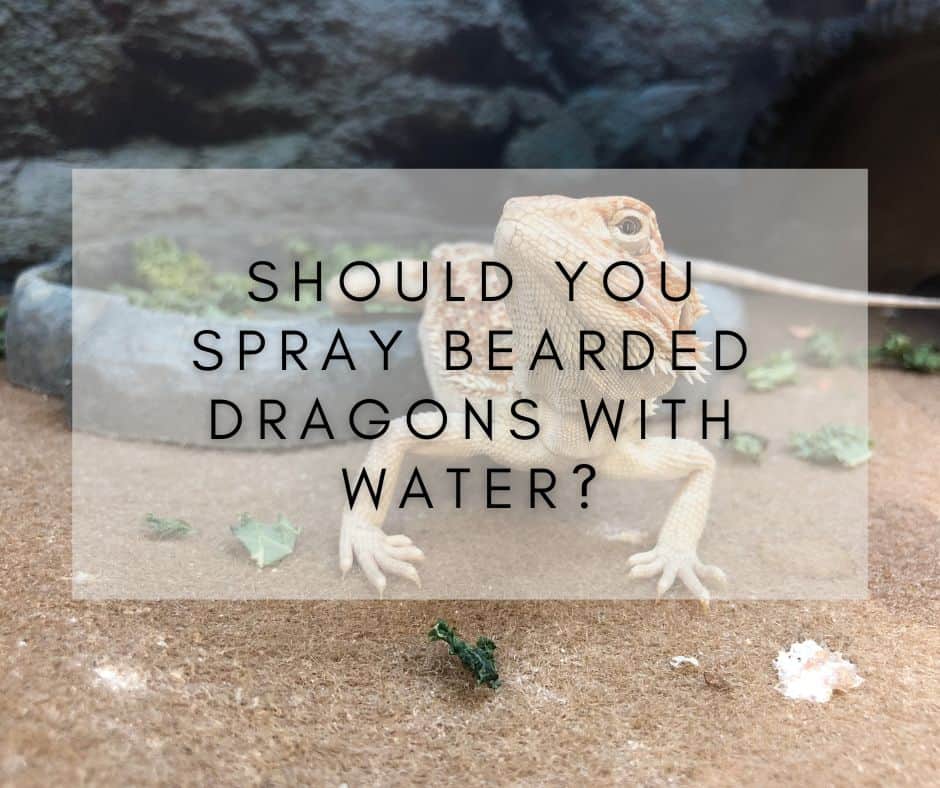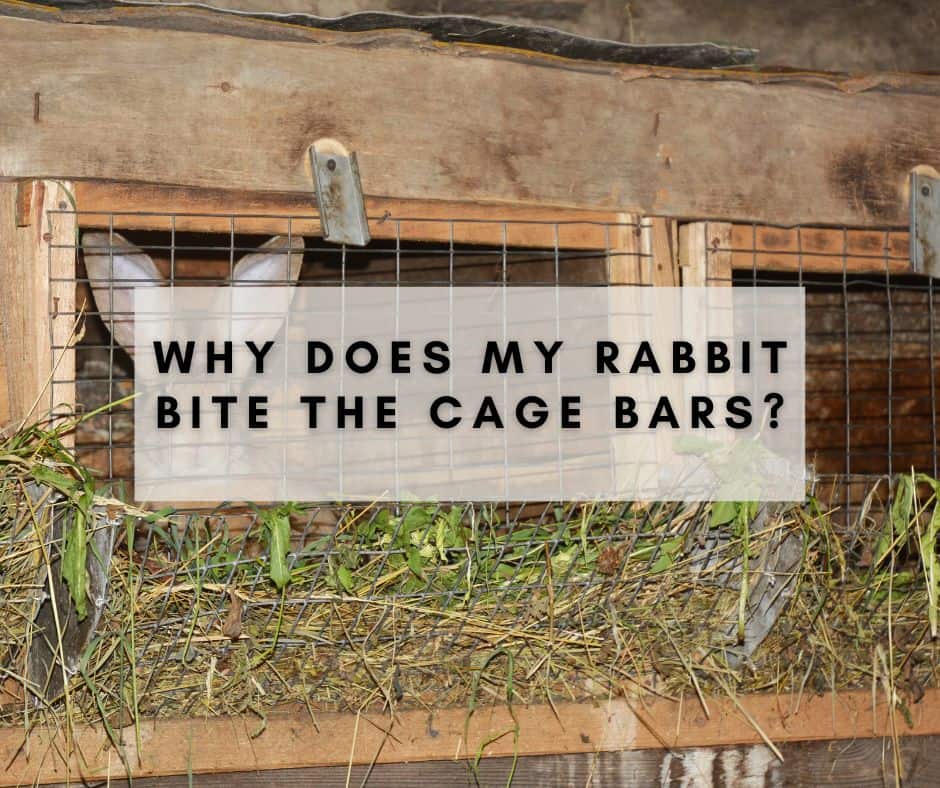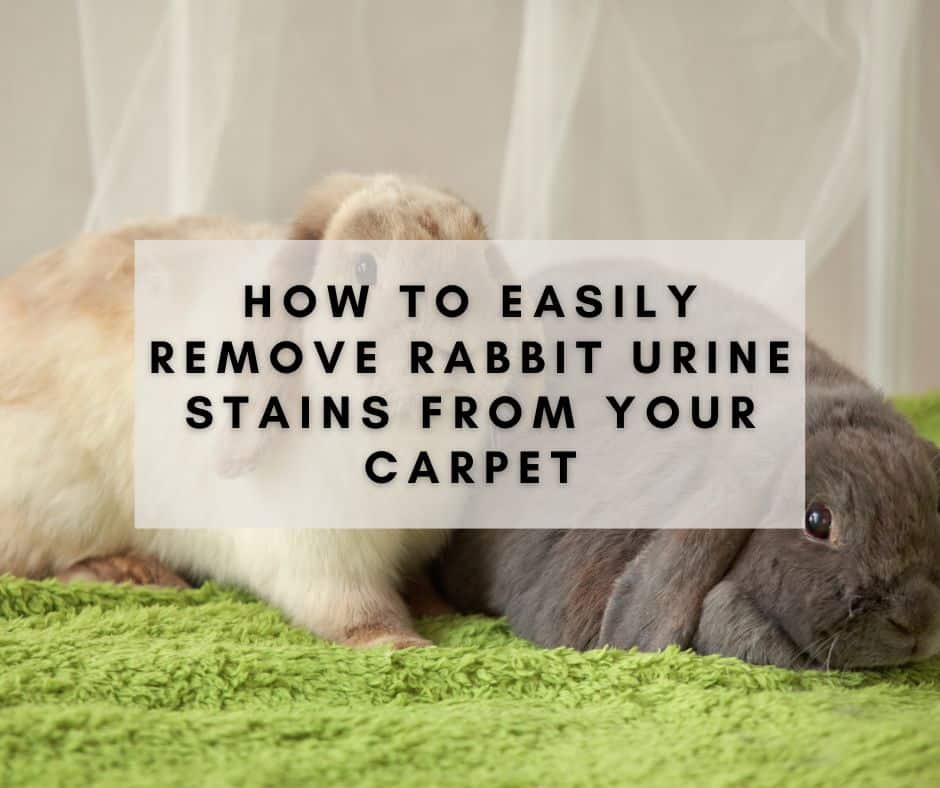Bearded dragons make great pets for people of all ages. They are docile, friendly, and easy to care for. But one question that often comes up is whether or not it is necessary to spray them with water. Some people say that it is essential to keep their skin moist, while others claim that spraying them can be harmful. So what is the truth? Read on to find out more.
As a general rule, bearded dragons do not need to be sprayed with water. In the wild, they get all the moisture they need from the plants and insects they eat. They also absorb water through their skin, which helps to keep them hydrated. In captivity, however, bearded dragons often do not have access to these food sources.
For young, healthy bearded dragons, spraying with water can be a good way to help them shed their skin. Bearded dragons are prone to shedding problems, so this can be a helpful way to prevent those issues. It is also a good way to keep their skin hydrated.
However, if your bearded dragon is older or has health problems, spraying them with water can make things worse. Older dragons are more prone to dehydration, and spraying them with water can cause them to become even more dehydrated. If your dragon has respiratory problems, spraying water into its enclosure can also make those problems worse.
Contents
- 1 How Can I Tell if My Bearded Dragon Is Dehydrated?
- 2 Should You Mist Your Bearded Dragons Enclosure?
- 3 How Do You Mist Your Bearded Dragon?
- 4 How Do Bearded Dragons Absorb Water?
- 5 How Often Should Your Bearded Dragon Soak in Water?
- 6 Does Misting Help with Shedding on Bearded Dragons?
- 7 How long does it take for bearded dragons to shed?
- 8 Do Bearded Dragons Eat Their Shedded Skin?
- 9 Conclusion
How Can I Tell if My Bearded Dragon Is Dehydrated?
There are a few signs that can indicate that your bearded dragon is dehydrated. These include sunken eyes, wrinkled skin, and lethargy. If you notice any of these signs, it is important to take your dragon to the vet as soon as possible.
Dehydration can be very dangerous for bearded dragons, so it is important to catch it early.
Should You Mist Your Bearded Dragons Enclosure?
Misting the inside of your bearded dragon’s enclosure can provide them with extra humidity, which can be helpful, especially during shedding. Just be sure not to overdo it, as too much humidity can also be harmful to your dragon.
If you decide to mist your dragon’s enclosure, do so in the morning so that the humidity has time to dissipate before night. This will help prevent your dragon from becoming too humid.
Also, the frequency of mist in the enclosure depends as well on external factors. For example, if your house is particularly dry, you may need to mist it more often. Aswell winter and summer will have an impact on the amount of misting necessary.
As a general rule of thumb, you should start by misting a few times a week and then adjust as needed.

How Do You Mist Your Bearded Dragon?
The best way to mist your bearded dragon is to use a spray bottle. Fill the bottle with distilled or filtered water, as tap water can contain harmful chemicals.
Spray your dragon lightly, making sure to avoid their eyes and nose. You should also avoid spraying their food, as this can make it slip out of their mouths.
How Do Bearded Dragons Absorb Water?
Bearded dragons are unique in that they don’t absorb water through their skin. Instead, the all-important moisture comes from food and drink–and sometimes even sweat!
You may have noticed your pet’s scales sparkling after a hot day at home; this is because he stores some excess liquid on his backside which you can later feed into an absorption stroke by mouth (or soak up with paper towels).
In the wild, bearded dragons will often bask in water sources to help with rehydration, so offer your pet a water bowl big enough to dip his entire body into.
How Often Should Your Bearded Dragon Soak in Water?
It is generally recommended that your bearded dragon soaks in water for about 15-20 minutes, 2-3 times a week. This will help to keep their skin healthy and hydrated, as well as help them to shed their skin properly.
It’s critical to keep the water shallow to reduce the danger of drowning. In addition, the water should be warm but not hot, as this can seriously harm or even kill your bearded dragon.
You should aim for the temperature of the water to be around 85-100 degrees Fahrenheit.
Finally, it is important to supervise your bearded dragon while they are soaking, never leave your bearded dragon unattended while bathing.
Does Misting Help with Shedding on Bearded Dragons?
Misting can help with shedding, as the extra humidity can help to loosen your bearded dragon’s skin. Just be sure not to overdo it, as too much humidity can also be harmful to your dragon.
If you decide to mist your dragon’s enclosure, do so in the morning so that the humidity has time to dissipate before night. This will help prevent your dragon from becoming too humid.
How long does it take for bearded dragons to shed?
The shedding process can take anywhere from a few days to a couple of weeks. It is important to make sure that your bearded dragon has plenty of food and water during this time, as they may not be able to eat or drink while they are shedding. However, for younger dragons, the shedding process is quicker.
Shedding is a normal and necessary process for bearded dragons, but if you notice that your dragon is shedding more than usual, it could be a sign of a health problem. If you are concerned, be sure to speak to your veterinarian.
Do Bearded Dragons Eat Their Shedded Skin?
As any serious reptile owner knows, shedding is a necessary part of life for reptiles. The process helps to rid the animal of old, damaged, or unwanted skin, and it also helps to regulate its body temperature.
Some reptiles will consume their shedded skin, but bearded dragons are not typically known for this behavior. Instead, they will usually leave their skin behind, or bury it in the substrate of their enclosure.
There are a few theories as to why bearded dragons do not eat their shedded skin, but the most likely explanation is that they do not receive any nutritional benefits from doing so. In the wild, bearded dragons would not have easy access to their shed skin, so there is no evolutionary reason for them to develop a taste for it. As a result, most owners can simply dispose of their pet’s shed skin without having to worry about them eating it.
Conclusion
So, as a new bearded dragon owner, should you be spraying your pet down with water? In short, the answer is probably no. Bearded dragons get the majority of the moisture they need from their food and drink, and misting their enclosure can do more harm than good.
However, offering your bearded dragon a shallow dish of warm water to soak in 2-3 times a week can be beneficial for their skin and shedding. Just be sure to supervise them while they are bathing, and never leave them unattended in the water.
If you have any concerns about your bearded dragon’s shedding or skin health, be sure to speak to your veterinarian. They will be able to give you specific advice based on your pet’s individual needs.
References:
https://animalcarehospital.org/2021/01/15/cedar-rapids-ia-vet-bathing-bearded-dragon/
https://www.petcoach.co/question/?id=191224#:~:text=You%20can%20mist%20him%2Fher,eat%20more%20and%20more%20frequently.




